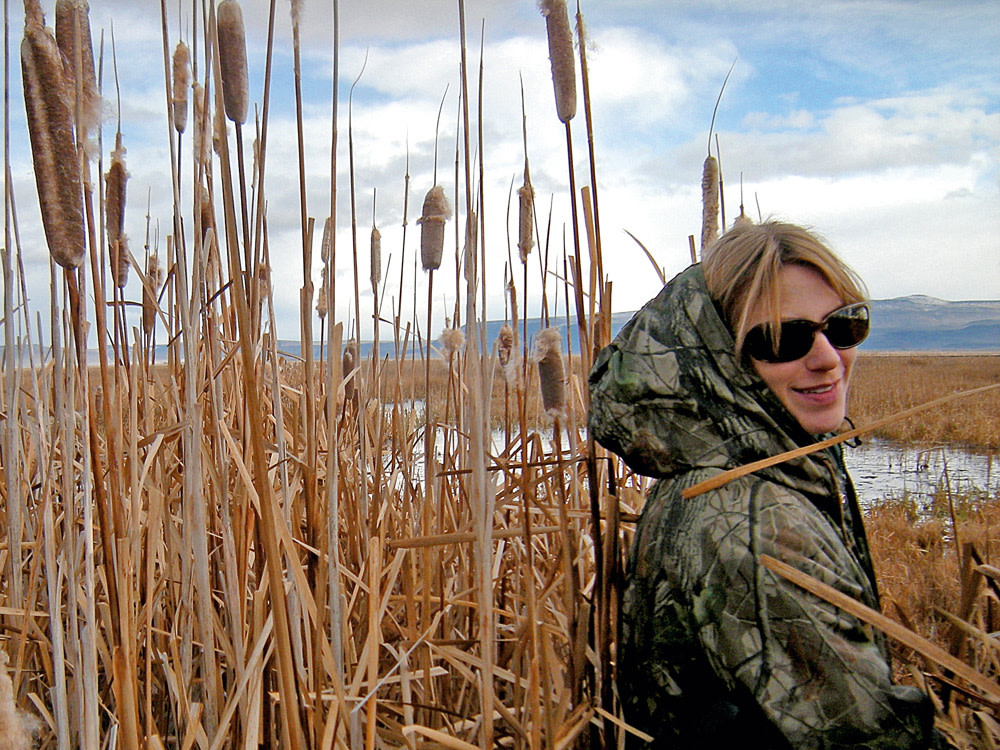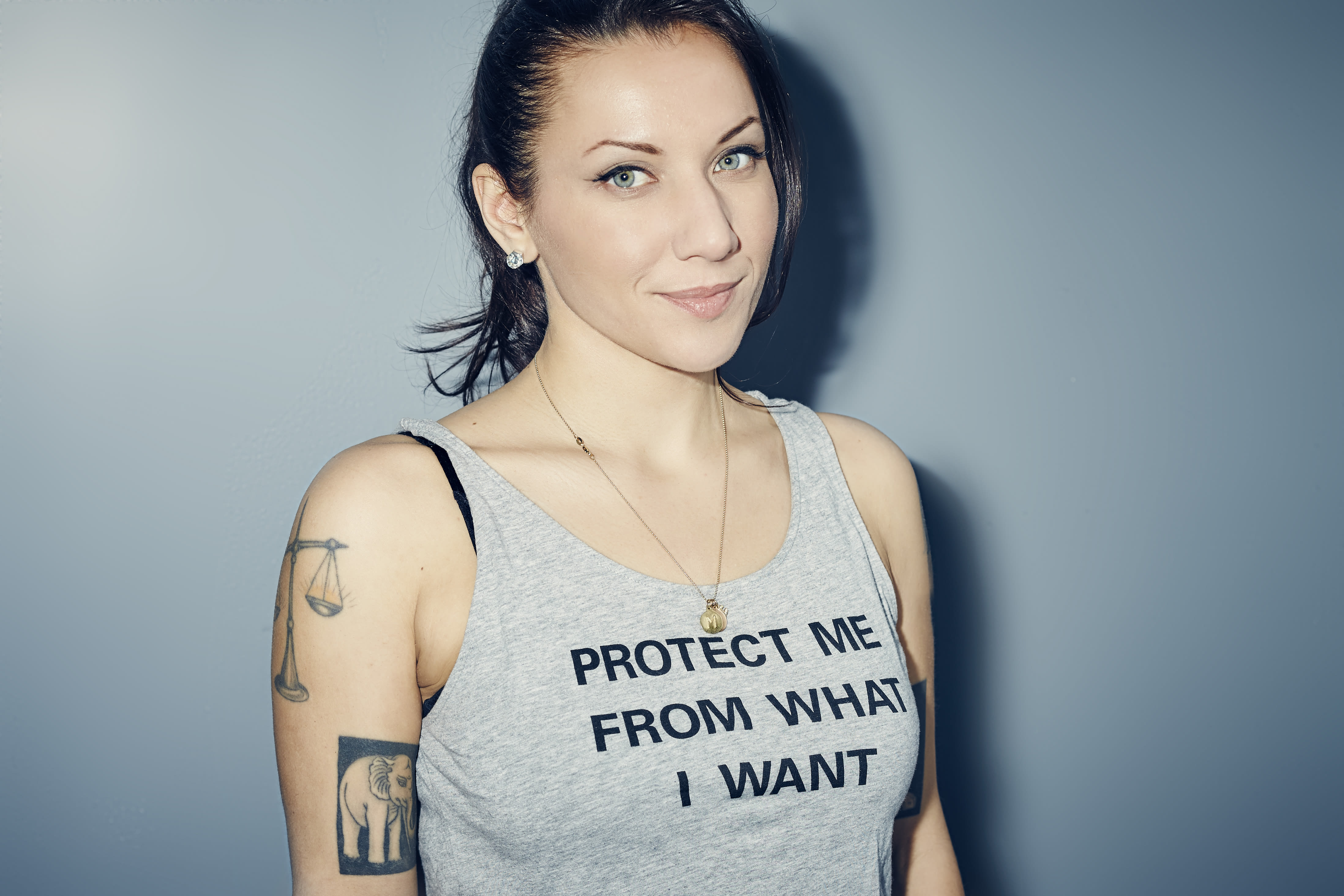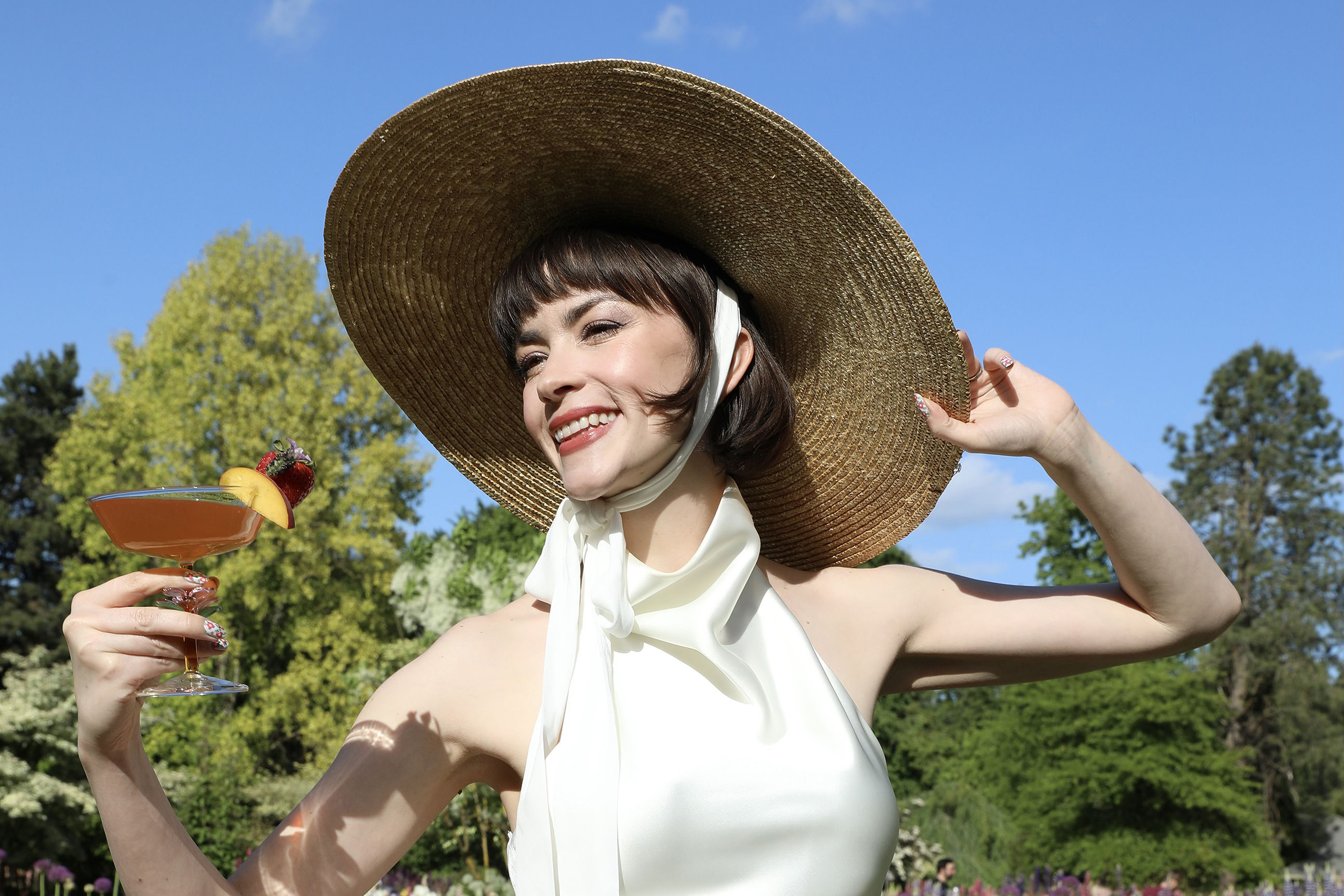Eat, Prey, Kill

Image: Scott McCaulou
Your book describes your transformation from young urbanite New Yorker to fly-
fishing, gun-toting yokel. After nine years, do you finally feel like a true Oregonian? I say I straddle the line, but in some ways I really drank the Kool-Aid. I ski, I trail run, but I don’t bike—that’s the one thing I’m still kind of an outsider on.
But you decided to take up hunting. Why? I’ve been a meat eater my whole life, and have given embarrassingly little thought to the animal that had to die. It felt like something that was way overdue to spend some time thinking about. Hunting was the activity that made me outdoorsy, but I don’t think of it as a sport or hobby; those terms seem a little glib. Hunting was more about the food for me—it was about connecting to a wild place.
Did you ever think, well, maybe buying grass-fed beef and free-range chickens is good enough? If I had thought about that first, it probably would have been good enough! Keep in mind, though, this was all going on over six years ago, and this conversation about food wasn’t as mainstream. Now, especially for you guys in Portland, there are so many ways people can connect with food: raising chickens in their backyards, beekeeping, joining a CSA and visiting the farms and seeing the animals.
Has killing animals made you a better person? Hunters started our current idea of environmentalism back at the turn of the century. Until I really got to know some hunters, I didn’t understand that nobody has more of an interest in seeing a species thrive than a hunter. I always thought that because an elk hunter shoots an elk, it means they don’t like elk. That couldn’t be more wrong. Meat is more special to me now. I have a better understanding of what it really is, and I eat it differently.
Sure, sure. But what’s the tastiest thing you’ve eaten that you killed yourself? I’m lucky. Everything I’ve hunted has been good, but elk is unbelievably good. It’s like super-beef. It’s like beef with extra beef flavor.




